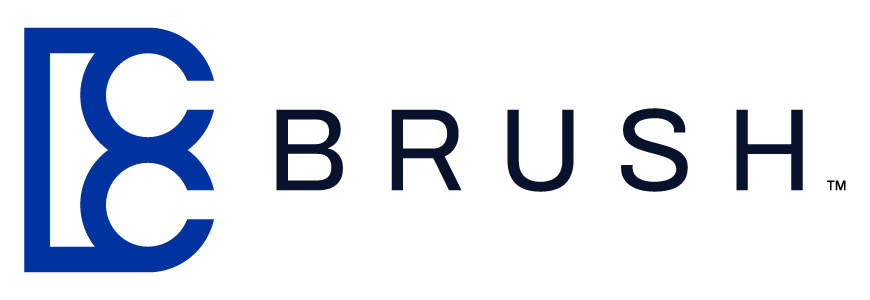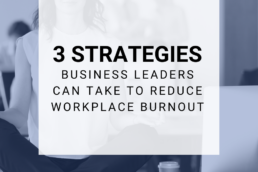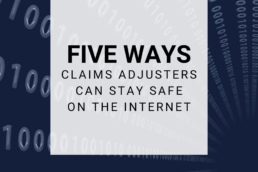Our CSO Joshua Cruce shares how to spot the perfect adjuster.
There are over 50,000 independent insurance adjusters in the United States.
It’s nearly impossible to sort through the ocean of resumes to find the adjusters who will go above and beyond for our firm and our client’s policyholders.
I realized during my time managing teams and catastrophes that finding the good ones has nothing to do with their resume and everything to do with first impressions.
Finding the adjusters who will be the future of this industry is a pure art.
Nothing about their resume, experience, or background is a good predictor of future performance.
But I’ve identified the best predictors of future outcomes and what I personally look for when I recruit adjusters for Brush Country Claims.
Did you read the email?
Our IT Manager, Jen Dalton, once told me that she believed the best predictor of future performance was how well an adjuster could read instructions given in an email.
She was right. I have sent deployment emails out to highly tenured adjusters and most cannot or do not read the email.
They just reply back with questions that were clearly answered in the email. I will pass on those adjusters all day.
The adjuster I will give my attention to are the new ones who might not have 20 years of experience but are at least capable of reading an email and digesting the information.
Every time I ignore this key indicator and deploy the “tenured” adjuster, their performance is terrible. They do not communicate, they do not execute, and I typically relieve them from the storm.
Steps one, two, and three.
The second quality I look for is the ability to follow simple onboarding instructions.
Our onboarding here at Brush is simple. Complete your profile, review the guidelines, and sign the contract.
If the adjuster cannot complete these three tasks needed to join our team, they surely will not provide the level of service we expect for our valued carrier partners.
It’s all downhill from here…
I pay very close attention to the first interactions I have with a new (or new to the firm) adjuster. It’s almost like a first date.
They are putting their best foot forward during that first meeting. If the experience is lazy, unorganized, and discombobulated, it will only get worse as the relationship progresses.
Every time I have overlooked that lackluster meeting for their vast experience, I have always been burned.
But when I come across that new adjuster who is excited, energetic, and motivated to work, that is the guy I will invest in.
They are going to bring their A-game, and I will double down on them all day, every day.
It is your business, treat it like one.
This concept is key in my mind. All of our independent adjusters run their own business, regardless of if they believe it or not, and every business requires capital investment in infrastructure, operations, marketing, and sales.
Every independent adjuster must invest in their company and market themselves.
If you do not have the estimating software, I’ll pass. If you do not have a ladder, I’ll pass.
You need to invest in yourself if you expect others to do the same.
Storytime
I met an adjuster a couple of years ago who had little experience, an unimpressive resume, and lacked the construction background I typically look for when considering a newer adjuster.
But what he did have was great marketing. He reached out to me on LinkedIn, requested an introduction call, and followed every step of the onboarding process.
Then he emailed me once a month to update me on the experience he had gained, certifications he had acquired, and deployments he had been sent on.
Every month this email came. He did not ask for claims, he just kept me informed.
So, I gave him a shot when a good deployment came around. First out. He blew it out of the water. He has been adjusting for two years now and he is firmly in my list of top 10 adjusters.
Step up your cert game.
Many adjusters and firms look at certifications and training differently. Some say they’re a waste of time and money, but others disagree and invest heavily in certifications and continuing education.
Do certifications and credentials really make a better adjuster?
Debatable. What they do, in my eyes, is show me that adjuster has:
- The ability to follow directions and pay attention.
- The willingness to reinvest earnings into their business and improve themselves.
- Long term vision. When I see an AIC or CPCU, I see someone who set a goal and followed through.
- Desires for career progression. Adjusters who invest in IICRC and other similar programs show they are willing to put money where their mouth is and invest into their career growth. They are the ones worth investing in.
Certifications and credentials are not the end all, be all. But they are a great indication to managers that the adjuster is in it to win it and are willing to invest in themselves to grow and become a more well-rounded resource for themselves, the firm and ultimately the policyholder.




